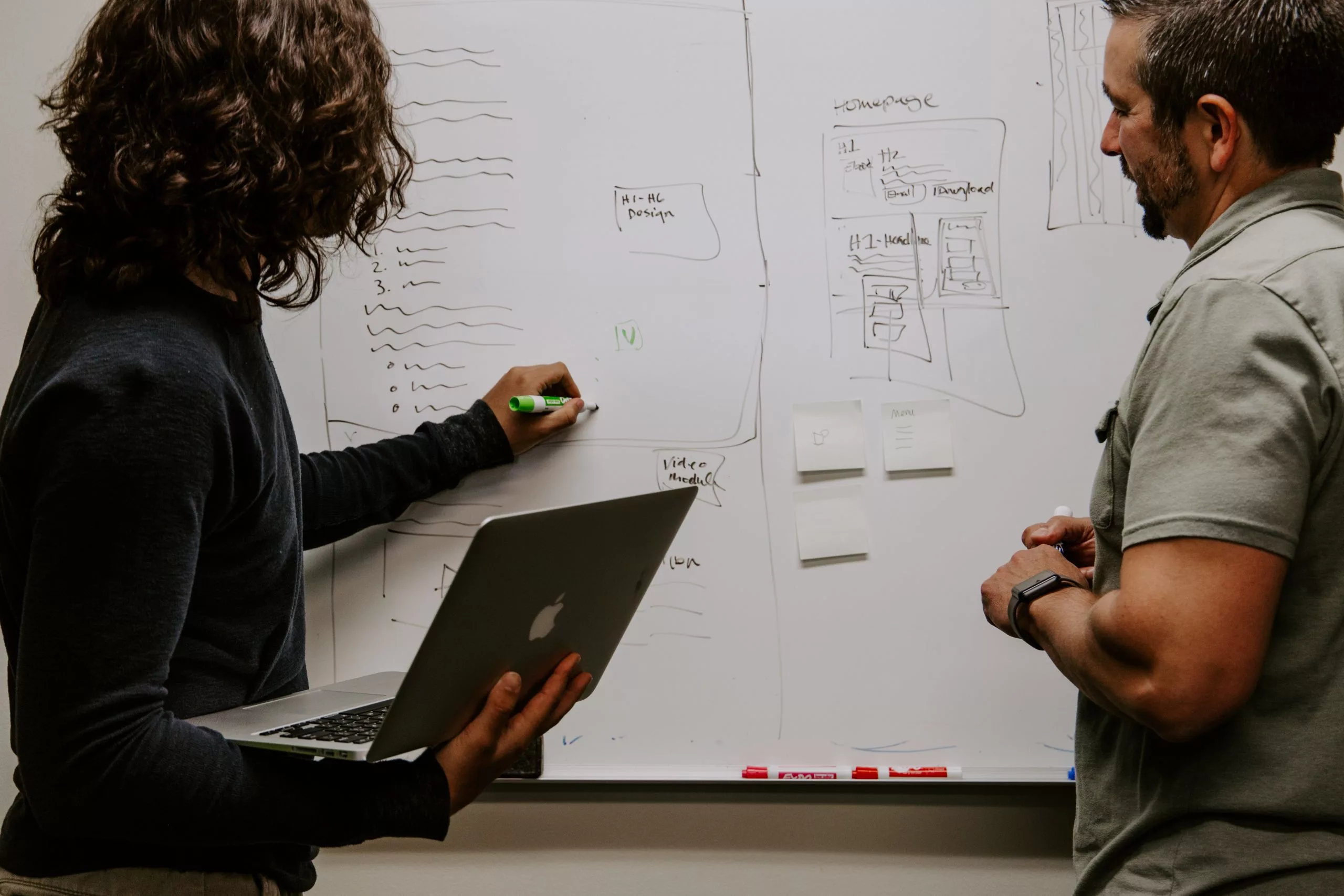Corporate training workshops are essential for employee development and enhancing skills within organizations.
Various instructional design models can be utilized for instructional design practical workshops.
Here, we will explore and describe some key models applicable to corporate training.
- ADDIE Model: The ADDIE model follows a systematic process of Analysis, Design, Development, Implementation, and Evaluation. It starts by analyzing employees’ needs and the training environment. Then, instructional materials are designed, developed, implemented, and evaluated. The ADDIE model provides a structured framework for creating impactful workshops.
- Dick and Carey Model: The Dick and Carey model emphasizes a learner-centered approach. It focuses on identifying training goals, conducting task analysis, developing instructional strategies, and assessing learner performance. This model ensures alignment between workshop activities and specific learning outcomes.
- Merrill’s First Principles of Instruction: Merrill’s model is based on five principles: activation, demonstration, application, integration, and testing. It aims to engage participants through problem-solving tasks and immediate feedback. The model promotes deep learning and the application of knowledge to practical situations.
- SAM (Successive Approximation Model): SAM is an iterative model that encourages rapid prototyping and continuous improvement. It comprises three phases: preparation, iterative design, and iterative development. SAM facilitates collaboration between instructional designers, subject matter experts, and participants, resulting in learner-centered and engaging workshops.
- Gagne’s Nine Events of Instruction: Gagne’s model identifies nine events that lead to effective learning. These include gaining attention, stating objectives, recalling prior knowledge, presenting new content, providing guidance, eliciting performance, giving feedback, assessing performance, and enhancing retention and transfer. This model captures participants’ attention and ensures active participation.
- Rapid Prototyping Model: The rapid prototyping model emphasizes quick and iterative design. It involves creating an initial workshop prototype and gathering feedback from participants and stakeholders. This feedback is then used to refine and improve the workshop in subsequent iterations, allowing flexibility and responsiveness to participant needs.
- Action Mapping: Action mapping focuses on performance-centered design. It identifies performance gaps, defines desired actions, and aligns workshop activities accordingly. This model encourages a problem-solving approach, creating practical and relevant learning experiences.
These instructional design models offer valuable frameworks for designing corporate training workshops.
When selecting a model, consider the workshop content, the target audience, available resources, and the desired learning objectives.
By adapting and utilizing these models, instructional designers can create engaging and impactful workshops that enhance employee skills and contribute to organizational success.












![Special Offer: Full Training Course Material Bundle [Unlock All 52 Products Instantly]](https://www.oakinnovation.com/wp-content/uploads/2024/08/centre-for-ageing-better-cPyO3GEYjZ4-unsplash-2048x1365-1-350x250.webp)






















































